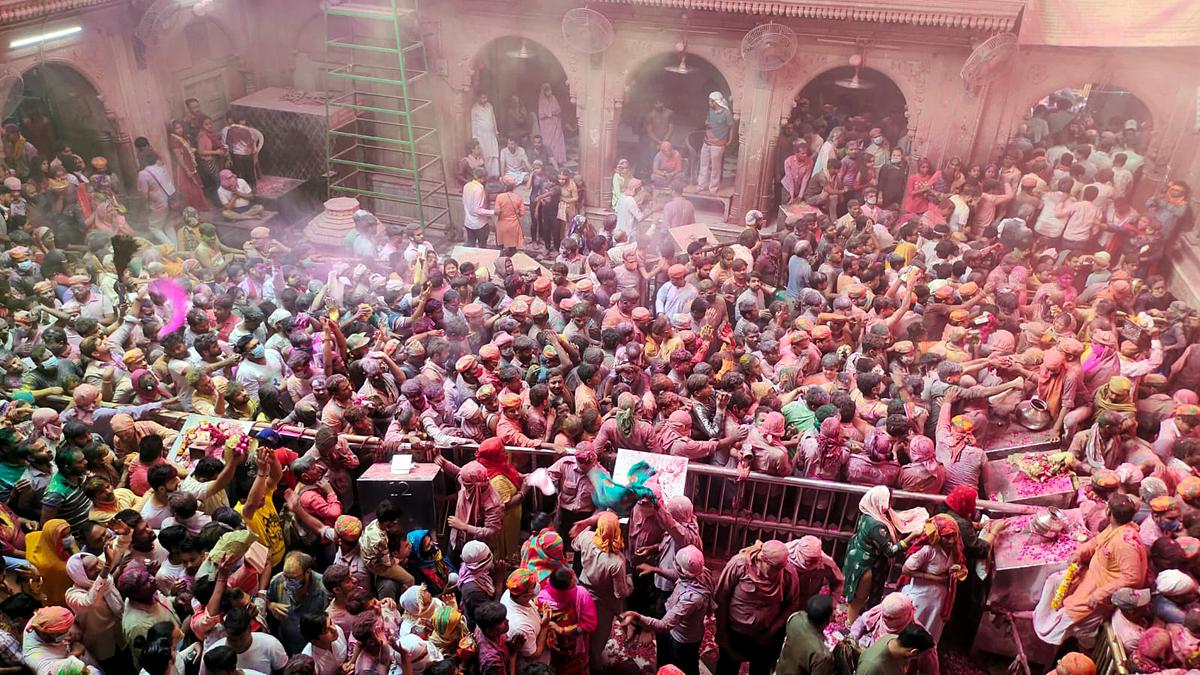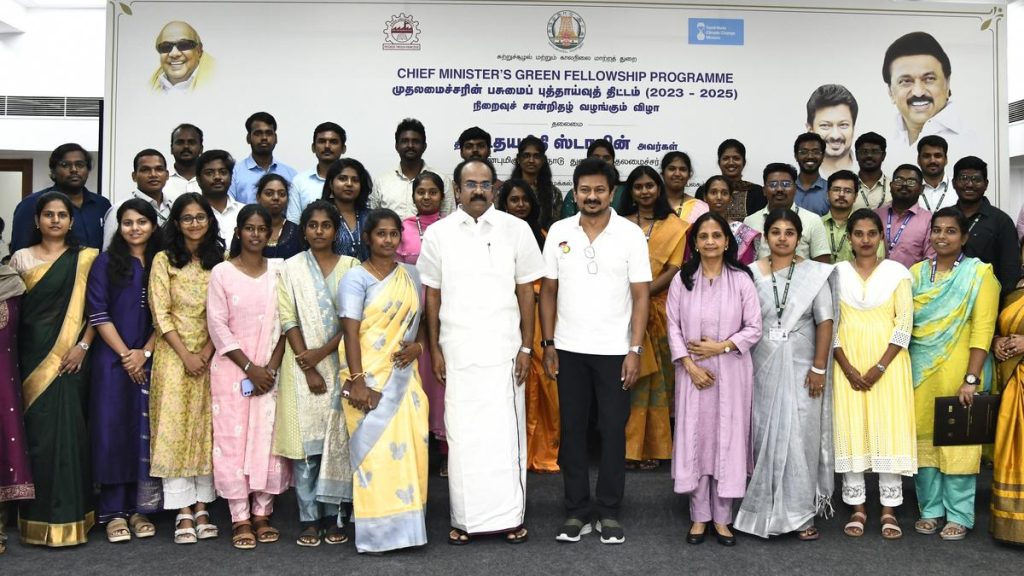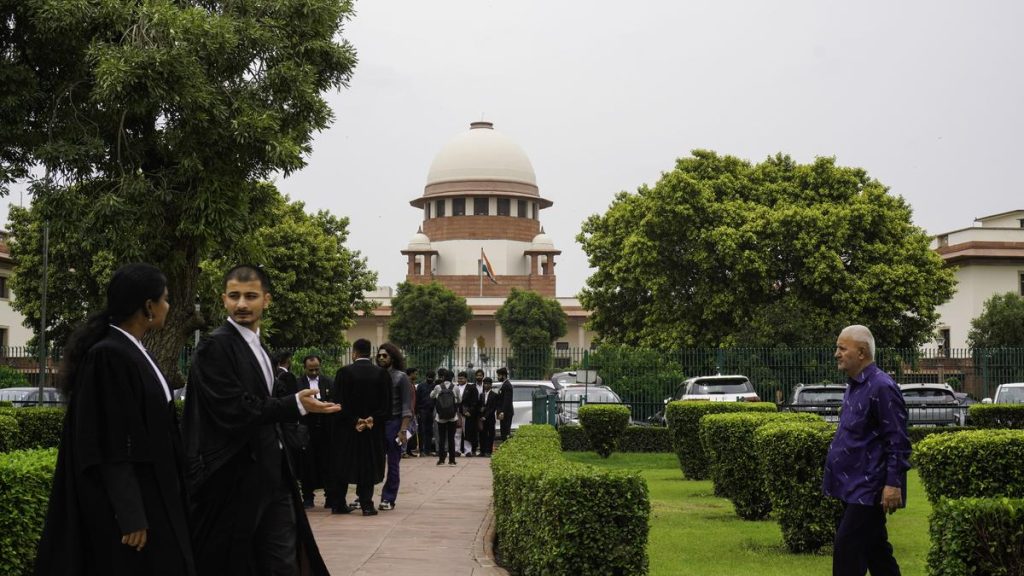Now Reading: SC Questions UP’s Ordinance on Banke Bihari Temple Takeover
-
01
SC Questions UP’s Ordinance on Banke Bihari Temple Takeover
SC Questions UP’s Ordinance on Banke Bihari Temple Takeover

Fast Summary:
- Issue Raised by SC: on August 4,2025,the Supreme Court questioned the Uttar Pradesh government’s expedited decision to issue an ordinance to take over management of Vrindavan’s historic Banke Bihari temple.
- Court’s Concerns: The SC expressed disapproval of the “clandestine” approach used by the state to obtain permission for using temple funds for developing the Shri Banke Bihari Temple Corridor project via a civil dispute judgment on May 15.
- Suggested Interim Measures: The Bench considered recalling it’s earlier May verdict permitting use of temple funds and proposed forming a committee to manage the temple until a decision on ordinance validity is reached in High Court.Case adjourned till August 5 for further instructions from UP government.
- Remarks by Justice Kant: highlighted Lord Krishna’s legacy as a mediator and emphasized resolution that serves both devotees’ needs and tourism revenue generation from iconic religious sites like Vrindavan.
- stakeholder Engagement: Petitioners opposing ordinance asked for suggestions regarding temple management. Assurance given by SC about responsible oversight during interim arrangements.

Indian Opinion Analysis:
The Supreme Court’s scrutiny highlights critical tensions between preserving traditional religious governance and accommodating development goals tied to infrastructure projects like tourism corridors around sacred sites such as Vrindavan’s Banke Bihari temple.By questioning procedural haste and suggesting stricter oversight through committees, the court leans towards safeguarding ancient integrity while advocating consultation among stakeholders for balanced outcomes.
Justice Kant’s remarks on mediation serve as a reminder of India’s heritage-guided conflict resolution values,particularly meaningful in settings involving religious sentiment intertwined with public utility undertakings. As religious tourism continues emerging as an economic driver in India, harmony between spiritual custodianship and modern infrastructural advances will likely remain imperative.
Link: Read more
























